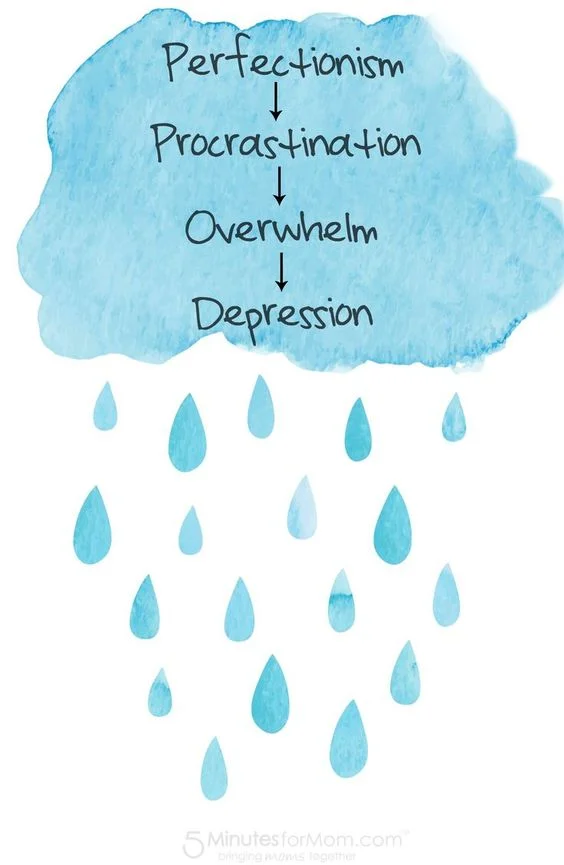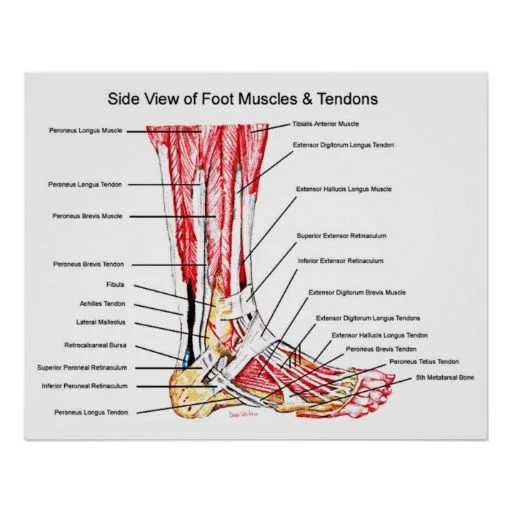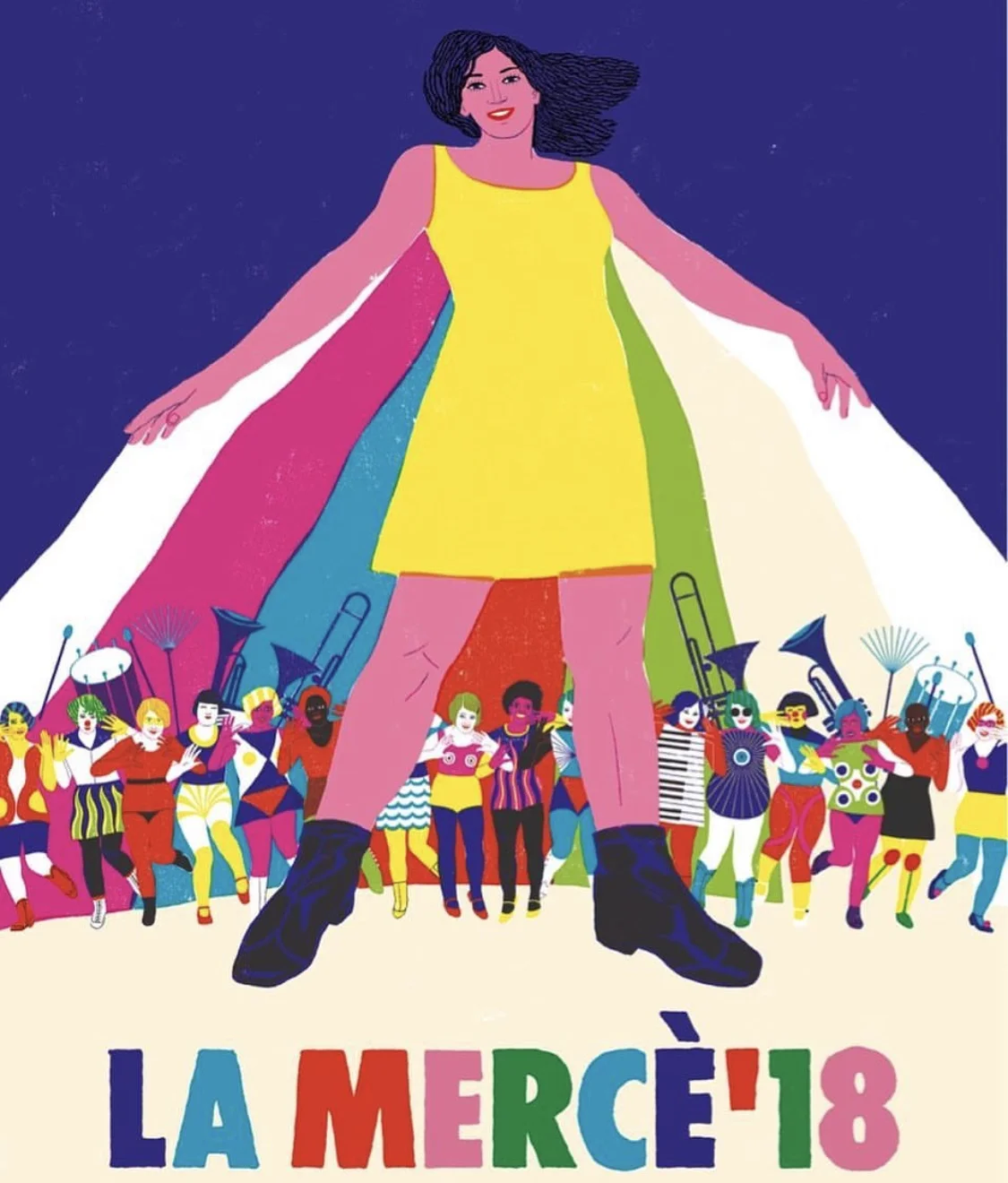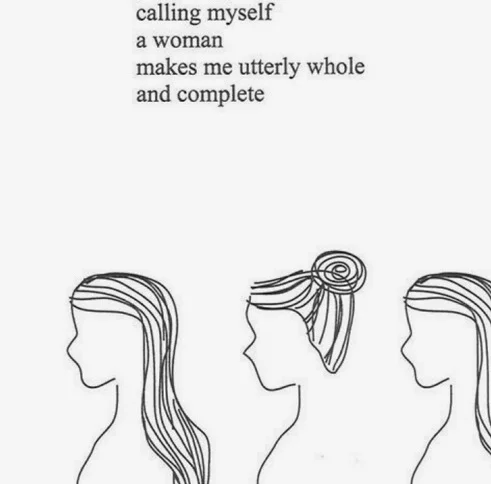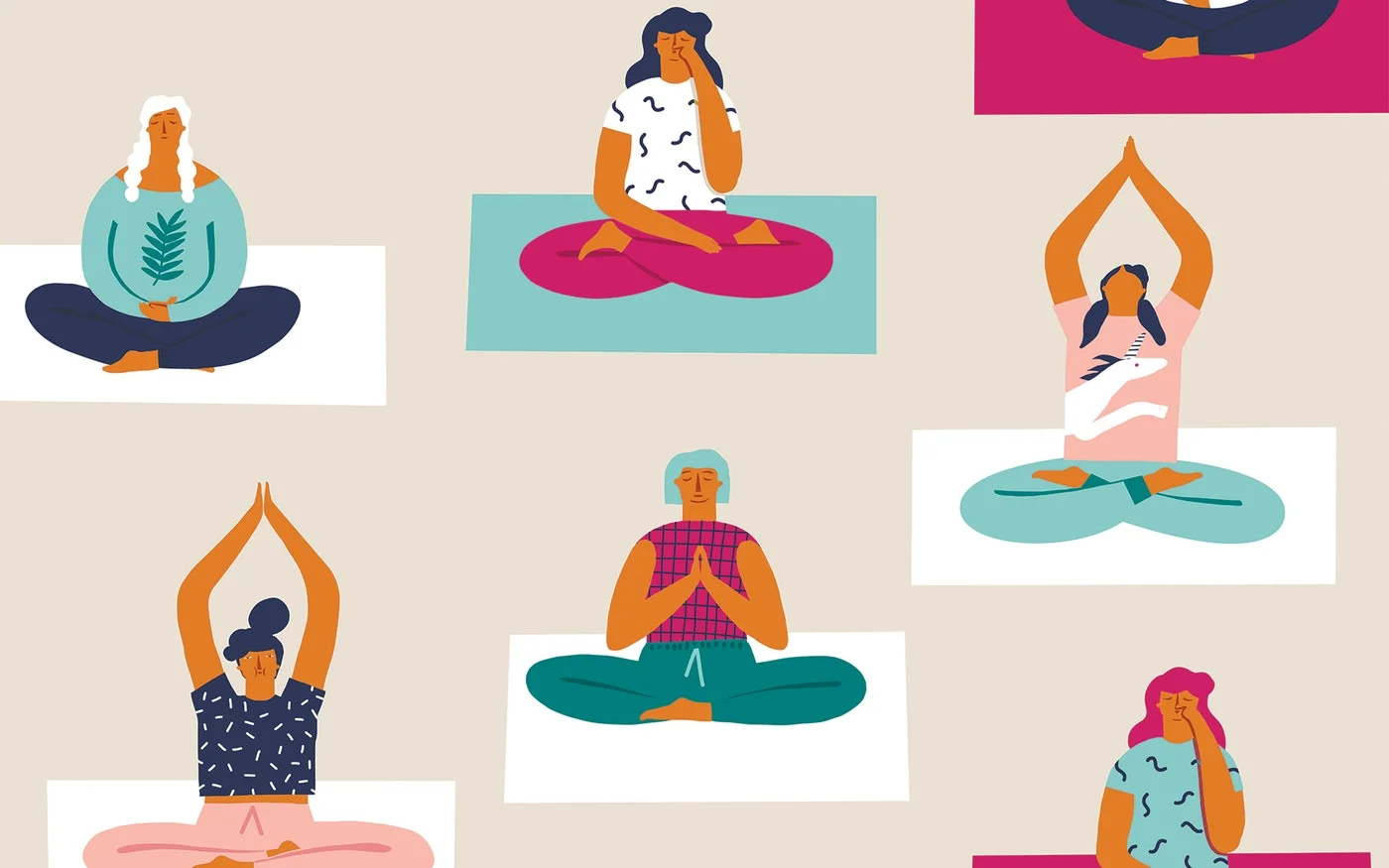Working hard, becoming very focused on your goals, and attacking challenges in your life is NOT perfectionism. I think these things tend to get conflated, but true perfectionism results in procrastination and paralysis. The perfectionist discards the process mindset in exchange for a results mindset that DOES NOT fit with the disability experience. It doesn’t mean that you don’t try hard. It means that you try hard as hell without immediate results.
Read MoreHere is the gist: Yes, we want you to wear your AFO when walking, especially long distances, but when you are doing sit-to-stands it is important to let your leg and foot breathe. This allows your joints to articulate and your brain to get a full map of where your foot is in space. If you have spasticity in that ankle and foot, that is NOT a reason to keep the AFO on. On the contrary, getting your foot out and letting your toes feel the pressure of your weight will decrease curling and discomfort.
The moral of the story is to use your AFO when you need it for walking, but then practice without it. You’re future self will thank you.
Read MoreWe all have areas we need to change, but if I had a choice I don’t want to change I want to transform. Change implies something that happens like turning on a switch and making a room light up or fill with darkness. Change isn’t always good. Transformation; however, is life altering, deliberate, and almost always better than what you thought was good enough.
Read MoreAs a therapist, I dread the weeks leading up to someone’s anniversary. Especially, if their expectations of their “recovery” are not the same as their reality. This is a very painful place to be in and a hard place to hold space for. Directly after a big trauma you get a lot of healing quickly. You relearn to sit up, walk, eat on your own, and communicate, albeit slowly. As fundamental as these activities are they are still HUGE milestones. The first few months are filled with relief on all sides. Everyone on your team, from your family, to your doctors, to yourself are thrilled that you are alive. It permeates every single gesture and movement and celebration is not only easy, but difficult to refrain from. This gratitude and energy is one part of my job I cherish most. To see someone lift their head and look at me with clear understanding for the first time does something to your heart and soul. It really is a miraculous re-birth.
Read MoreOne of the hardest parts of this journey is learned non use of your affected limb. Many therapists do not address this phenomenon and focus on allowing the other hand or foot to take over dominance, but 90% of the time I think that this is at the very least an unhelpful approach. I always try to engage the more affected limb, because we know from hard evidence that motor control can be regained and learned non use can be overcome. Constraint induced movement therapy was born out of research on learned non use.
Read MoreLimiting beliefs are very difficult, because they tend to be well reasoned arguments against growth and they often use truth in a deceitful way to argue a point. For example, when you have had a brain injury it IS a difficult situation. In the first several months to a year, persons who experience that first surge of healing tend to have a growth mindset that squashes limiting beliefs. They use a lot of powerful words like “yet” and verbs with “ing” such as “trying” “working” “moving” “reaching”. I can always tell when patients are about to take up residence on the limiting beliefs plateau, because their language changes. I hear less action verbs and more verbs of being. Everything turns to grey and my least favorite phrase takes over “it IS what it IS.”
Read MoreYou don’t need to face the end of your life to begin dreaming. Most of you have already experienced what the end may look like. You have fought your way back from almost dying and you deserve to live and to live well. Life cannot be constant goal setting and schlepping from one therapy to the next. You need to have some form of play, rest, and relaxation to keep going and to remember what life is all about.
Read MoreNeuroplasiticty is so hot right now. Everywhere I look in health magazines and on online forums there is that word in big glittering lights. It is trending in every sense of the word. It definitely warrants a wiki search, but for a person post brain injury this word is so much more than an interesting definition. This word is HOPE
Read MoreIt is 2019. This is the year of TIMES UP and women’s marches. Female empowerment is trending. The prime minister of New Zealand breastfed her baby IN parliament for crying out loud! Oh, and a movie about periods won an Oscar. Women’s issues are in the forefront, but STILL women’s healthcare is light years behind.
The CDC just came out with a document that states that stroke in “women under 45 is increasing” and clearly states the risk of birth control in combination with high blood pressure or diabetes, but their is very little education regarding the risks for young and middle aged women. A topic that really makes me crazy is menstruation post brain injury. Yes, it is still taboo, especially in medicine. Sure, we have tampon ads that present model stick figure people doing ridiculous things like dancing sexy and smiling to represent our experience. Yes the general public knows what a period is, but it isn’t something that your primary doctor or a specialist outside a gynecologist is comfortable speaking about. Your neurologist sure as hell is not going to ask you “how your lady time is coming along?,” so this issue falls through the cracks. Women find themselves in chat rooms or facebook pages with horrible advice and tons of snake oil salesmen.
Read MoreWhat Stroke Survivors can teach the Health and Wellness community. Hint: Its more than just how to avoid being a stroke survivor.
Read MoreHow to conserve your energy through the three Ps: Prioritize, Pace, and Plan. I have added my own little spin to this paradigm.
Read MoreWhen we are present, we cannot be mean to ourselves or think of where our recovery should be. If we are present, we cannot relive or obsess over where we are going. We can only move forward and focus on that one movement, one finger, or one toe.
Read MoreI have had surgeons weeping after they relearned to button their shirt and carpenters laugh with the ridiculousness of relearning how to screw in a bolt. I remember a middle-aged mother, shrieking with happy disbelief, as she tied her first post stroke wonky looking ponytail. I think about the first weak handshake or undershot high five of dozens of survivors who rode this roller coaster of recovery. These survivors chose to feed their good wolf with acceptance of what happened, perseverance, and flexibility. Perhaps the biggest indicator of rehabilitation potential is resilience or the ability to envision their future, despite past trauma.
Read MoreWhat 5 things I wish clients knew at the beginning of their journey.
Read More



